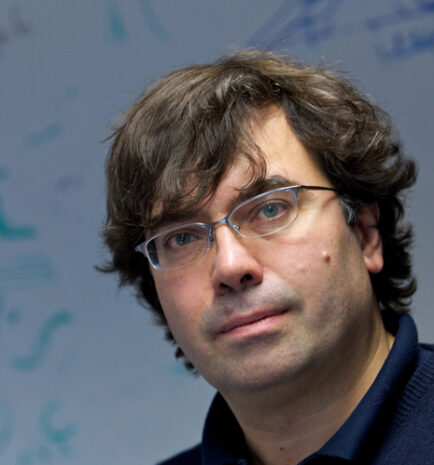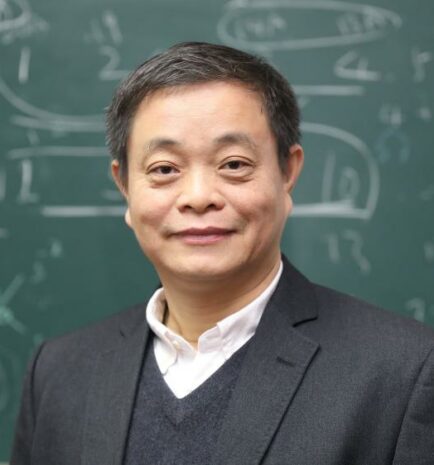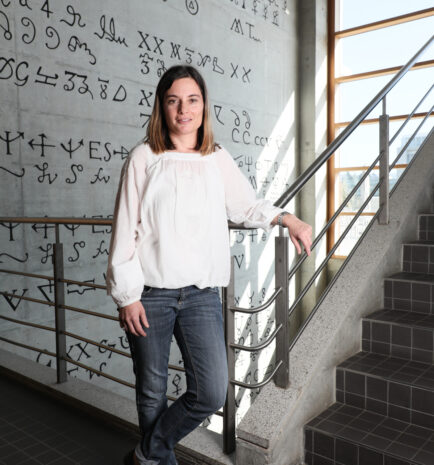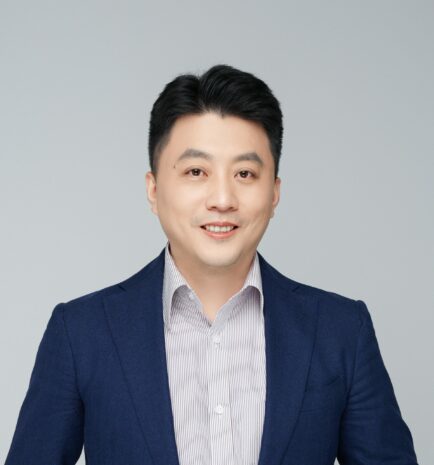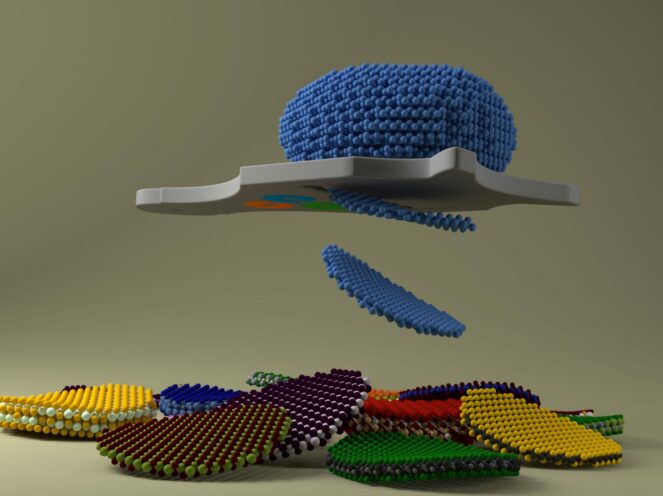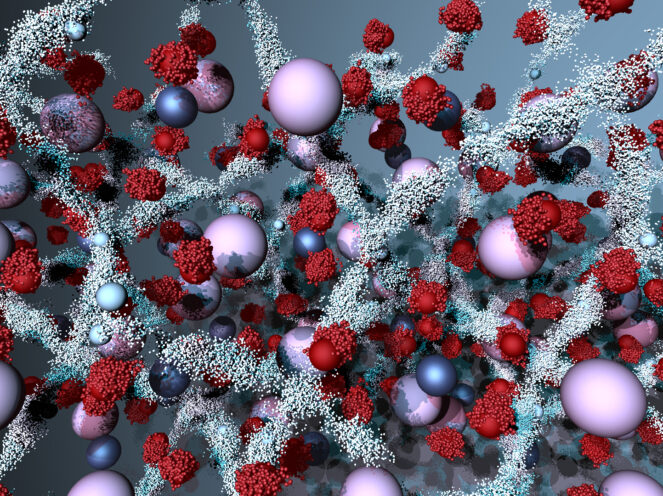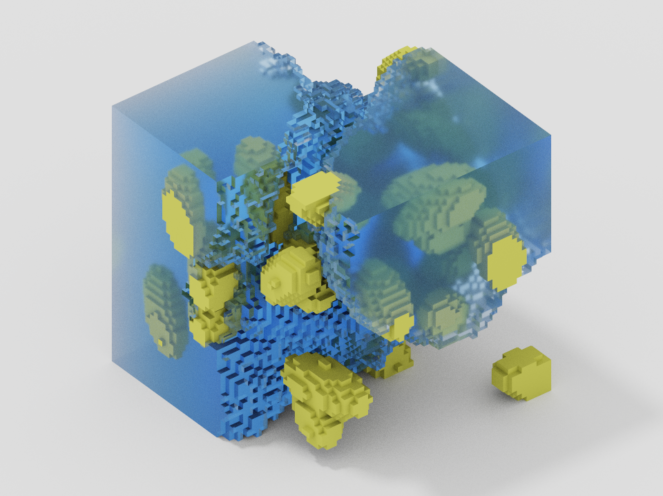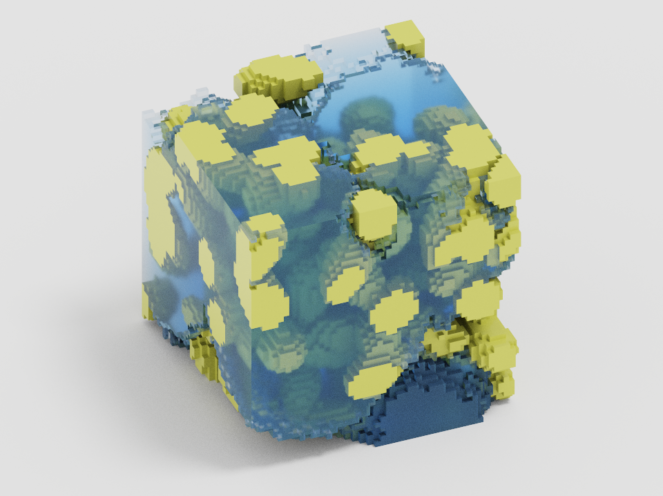

Materials, as the basic resources of production in the physical world, have accompanied human beings going through generations of transformations in history, from wood and stone in the Stone Age to compounded fibber, plastic, and semiconductor in the modern era. Novel materials are highly demanded in an ever-advancing and the increasingly sophisticated world; however, finding the best material has been a slow, painstaking process. Researchers would often have to test hundreds and thousands of materials one by one to find the wanted properties. This process is expensive and time-consuming and laid barriers to development in most industries. Yet today, thanks to powerful big data and simulation techniques, as well as machine learning algorithms, scientists could propel innovation forward at blazing speed with findings that they have never considered.
Leveraging on the advanced informatics platform driven by big databases and high-throughput quantum simulations, NCCR MARVEL (Swiss National Centre of Competence in Research on Computational Design and Discovery of Novel Materials) is the avant-garde in new material discovery. The centre targets new materials that provide solutions to the big challenges in energy efficiency, information and communication, and pharmaceuticals. In the second edition of nexFrontier series, Professor Nicola Marzari from EPFL, director of NCCR MARVEL will share with us the great acceleration in materials discovery enabled by quantum-mechanical simulations; Prof. Clemence Corminboeuf from the Computational Chemistry division at EPFL will talk about how today’s modern computational power, quantum advancement, and machine learning have enabled and sped up large-scale data analyses especially in the field of computational chemistry. Then, their Chinese counterpart, Prof. Xingao Gong, Academician of the Chinese Academy of Science, Computational Condensed Matter Physicist, and Professor of Fudan University will talk about Computational design of new energy materials from the perspective of Physical Sciences; then Prof. Peng Wang from Beihang University whose research focuses on uncertainty quantification will show us the potential of computational science in searching effective drug products such as pharmaceutical microspheres.
Event Rundown
16:00-16:03 Introduction
Lefei Chen, Junior Project Manager of Academic Relations, Swissnex in China
16:03-16:15 The Great Acceleration in Materials Discovery
Prof. Dr. Nicola Marzari, Chair of Theory and Simulation of Materials at EPFL, Director of NCCR MARVEL, Excellence Chair at the University of Bremen
16:15-16:27
Prof. Dr. Xingao Gong, Computational Condensed Matter Physicist, Academician of the Chinese Academy of Sciences, Professor and Doctoral supervisor of Fudan University
16:27-16:39 Computational Chemistry in the Age of Big Data
Prof. Dr. Clemence Corminboeuf, Scientist, Professor in theoretical chemistry at EPFL, member of NCCR MARVEL
16:39-16:51 Computational Science and its Potential: An Example in Search of Effective Drug Product Design
Prof. Dr. Peng Wang (Koby), Professor of uncertainty quantification at Beihang University, Co-principal investigator for the Chinese Material Genome project
16:51-17:10 Q&A
Speakers
-
![]()
Bio
Prof. Dr. Nicola Marzari
Chair of Theory and Simulation of Materials at EPFL, Director of NCCR MARVEL, Excellence Chair at the University of BremenProf. Dr. Nicola Marzari holds the Chair of Theory and Simulation of Materials at the École Polytechnique Fédérale de Lausanne, where he is also the director of the NCCR MARVEL. He also currently holds an Excellence Chair at the University of Bremen. Previous appointments include the Toyota Chair for Materials Processing at the Massachusetts Institute of Technology, and the Statutory Chair of Materials Modelling at the University of Oxford, where he directed the Materials Modelling Laboratory.
-
![]()
Bio
Prof. Dr. Xingao Gong
Computational Condensed Matter Physicist, Academician of the Chinese Academy of Sciences, Professor and Doctoral supervisor of Fudan UniversityProf. Xingao Gong is distinguished Professor of Fudan University, Principal scientist of the Major Scientific Research Programs of the Ministry of Science and Technology, Fellow of the American Physical Society and Academician of the Chinese Academy of Sciences.
He received his bachelor’s degree, master’s degree and doctorate degree of science in 1982, 1985 and 1993 respectively. Since 1993, he had been working as a full professor at Institute of Solid State Physics of Chinese Academy of Sciences. In 2000, he was appointed Professor of Fudan University in Department of Physics. In 1999, he won the National Science Fund for Distinguished Young Scholars. In 2009, he founded the Key Laboratory of Computational Physical Sciences (Fudan University) of Ministry of Education and served as Director. His main research interests include computational condensed matter physics including development of computational methods, and simulation of low dimensional structures and computational design of new energy materials, etc. He won once the second prize of National Award for Natural Science and the first prize of Provincial Award for Natural Science twice. He published more than 300 papers, be cited more than 14,000 times and the H index is higher than 60. -
![]()
Bio
Prof. Dr. Clemence Corminboeuf
Professor in theoretical chemistry at EPFL, Core member of NCCR MARVELProf. Clemence Corminboeuf is a full professor in theoretical chemistry at EPFL (Lausanne). She obtained her Ph.D. degrees from the University of Geneva conducting research in Geneva and at TU-Dresden. Subsequently, she held postdoctoral positions at New York University and the University of Georgia. Her research focuses on the development of machine learning techniques within the field of quantum chemistry along with conceptual work relevant to the field of catalysis and molecular materials. She received several awards, which include the Theoretical Chemistry Award from the American Chemical Society (2018), two ERC grants (starting in 2012 and consolidator in 2018) and the Heilbronner-Hückel Lectureship Award 2021.
-
![]()
Bio
Prof. Dr. Peng Wang (Koby)
Professor of uncertainty quantification at Beihang University, Co-principal investigator for the Chinese Material Genome projectProfessor Peng Wang (Koby) is Professor of uncertainty quantification at Beihang University. He was awarded his Ph.D. in Computational Science at the University of California, San Diego. His research focuses on the developments and applications of efficient numerical frameworks for stochastic systems. He has enjoyed multi-disciplinary collaborations with scientists in environment, energy, drug, materials and electronics. He is the co-principal investigator for the Chinese Material Genome project on developing tools and database for high-throughput simulations and experiments for information storage materials. In addition to material discovery, Professor Wang also enjoys the creative aspect of culinary discovery, factoring variables of temperature, pressure and the doping of spices to achieve optimal taste and texture.
-
![]()
-
![]()
-
![]()
-
![]()
In collaboration with
NCCR MARVEL
The NCCR MARVEL is a centre on Computational Design and Discovery of Novel Materials created by the Swiss National Science Foundation in May 2014. MARVEL targets the accelerated design and discovery of novel materials, via a materials’ informatics platform of database-driven high-throughput quantum simulations, powered by advanced electronic-structure capabilities, for predictive accuracy innovative sampling methods to explore configuration/composition space application of big-data concepts to computational materials science. The search is focused on materials for energy harvesting, storage, and conversion, materials for information-and-communication technologies, and organic crystals/pharmaceuticals. Codes, data and workflows of the project are disseminated through the Materials Cloud platform and the Quantum Mobile virtual machine, both powered by the materials’ informatics framework AiiDA.
nexFrontier
nexFrontier series is the latest webinar series at Swissnex in China which spotlights cutting-edge research in Switzerland and China. With a particular focus on NCCRs and top-class research labs in China, this series hopes to introduce the most pioneering research advancements in Switzerland and China to an enthusiastic audience and promotes potential exchange and collaboration between the two labs or institutions.
